Your business likely has two types of mindsets – a fixed and growth mindset. While a fixed mindset hinders results, a growth mindset can overcome self-imposed limitations.
Depending on your company culture, these mindsets have the potential to change. A culture that fosters creativity, collaboration, and experimentation will foster a growth culture.
This article discusses the theory behind fixed and growth mindsets and suggests helpful recommendations to promote a growth culture within your business.
What is Mindset Theory?
Mindset Theory (MT) suggests that people hold either a fixed or growth mindset. Both types of mindsets have different expectations, which may influence the results they attain.
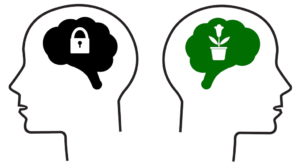

The mindset theorists claim that people’s beliefs about their own intelligence can have an affect on how they learn and their motivation to learn (Dweck, 2006). In other words, if you don’t believe your intelligence is changeable, you won’t work towards developing it.
Similarly, the fixed and growth mindset can result in different behavior. Research has shown that how people think about their own intelligence can influence their performance (Shnek, 2010). If someone believes that their abilities are malleable, they will expend the necessary effort to improve.
Everyone in the workplace has either a fixed or growth mindset. It’s important to know the difference between the two so that you can change your approach to suit the receivers needs.
Fixed Mindset
People with fixed mindsets assume intelligence and abilities are fixed in nature. You either have it or don’t, and there’s no way to change it.


People with fixed mindsets settle for easy goals that don’t require a lot of effort to gain people’s approval. This is because inherent talent is assumed to be the reason for their success.
Additionally, the fixed mentality results in a pessimistic view of other people who challenge their identity, which causes them to feel intimidated or threatened.
Since these people believe their intelligence is innate, they tend to internalize feedback as negative criticism and ignore it altogether.
Growth Mindset
Conversely, a growth mindset believes intelligence can be developed over time. You have it and work at it consistently.
People who have growth mindsets work toward challenging goals that stretch their capabilities beyond expectations. They feel secure accepting challenging tasks because they see failures as chances to learn something new.
The growth mentality likes to surround themselves with people that will help them grow, which makes them feel more motivated.
Since these people believe intelligence is changeable, they seek feedback and use it to adjust their approach.
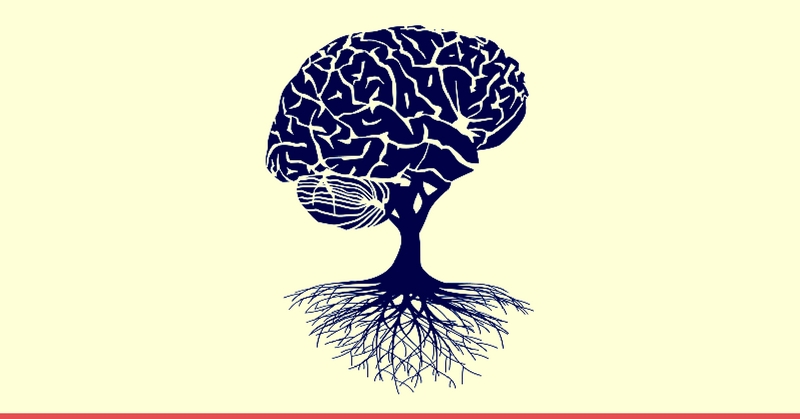

Why Should Your Business Encourage Growth Mindsets?
Adopting a growth culture is essential for long-term success. Employees who believe intelligence is changeable will work harder to improve their skills and experience higher well-being.
Creating and maintaining a growth culture is associated with a lot of advantages:
Experimentation
Employees who believe they can improve their skills are more likely to take creative risks. This is because they know failure isn’t a reflection of them as a person.
Higher Motivation
Since intelligence is a developmental skill, employees will also gain confidence and accountability for their results.
Positive Working Relationships
An employee with a growth mindset sees everyone at work as a positive influence for their development. This will result in higher collaboration and organizational citizenship behavior.
Higher Overall Employee Performance
A growth culture will encourage employee growth and team collaboration. Additionally, employees will be open to developing their skills by taking on new challenges without fear of failure.
How to Develop a Growth Culture
A psychologically safe environment help employees feel secure while developing skills and experience outside their comfort zone.
Leaders are the only ones who can create and maintain a psychologically safe environment. An excellent way to initiate this type of environment is to have leaders model the behaviors they would like to see.
Additionally, positive reinforcement given to employees that show positive behaviors can work wonders. Leaders must only praise behavior and effort, which encourages the learning mindset over time.
Similarly, leaders’ should reinforce failures as learning opportunities. Risk-averse employees will never stretch beyond their job descriptions out of fear of punishment.
A great way to shift perspectives is to have leaders share personal stories of failure and the lessons gained from that experience.
Lastly, leaders should provide consistent feedback. As employees begin to notice leaders taking an investment in their development, they will perform beyond expectations.
If you would like more recommendations, check out my article on transformational cultures!
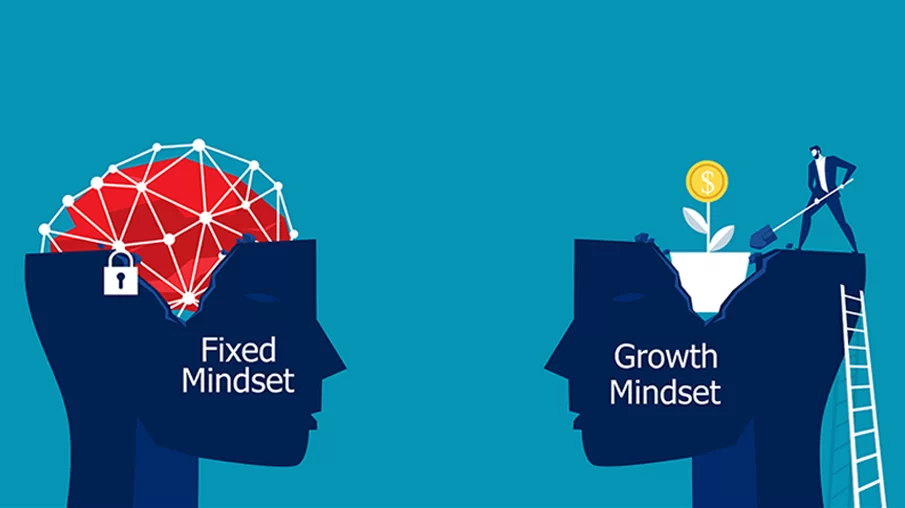

Conclusion
Employees have either a growth or fixed mindset.
Certain traits can help you determine which mindset they live in. For example, suppose employees are open to challenges, seek feedback, and have a positive demeanor towards co-workers. In that case, they likely have a growth mindset.
Conversely, employees that avoid challenges and feedback while having a competitive demeanor toward co-workers likely have a fixed mindset.
A growth culture can leads to experimentation, positive working relationships, and higher motivation and performance.
Leaders are the only ones that can develop and maintain a growth culture by acting as a role model and reinforcing desired behavior.
References
Dweck, C. S. (2006). Mindset: The new psychology of success. Random House.
Shenk, D. (2010). The genius in all of us: New insights into genetics, talent, and IQ. Knopf Doubleday Publishing Group.
Bianca Cardenas, M.S., Ph.D., is a Fellow in Executive Assessment and Consulting with Leadership Worth Following. Dr. Bianca Cardenas empowers leaders to transcend competition by helping them unlock their people's potential.



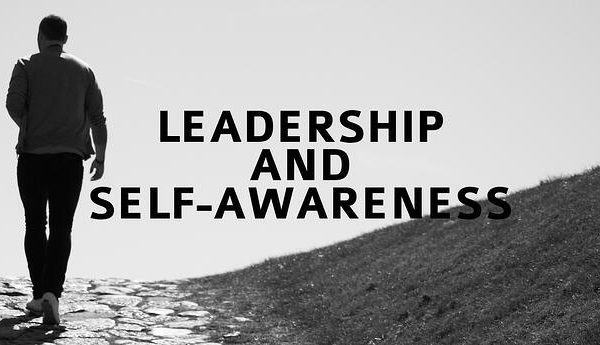








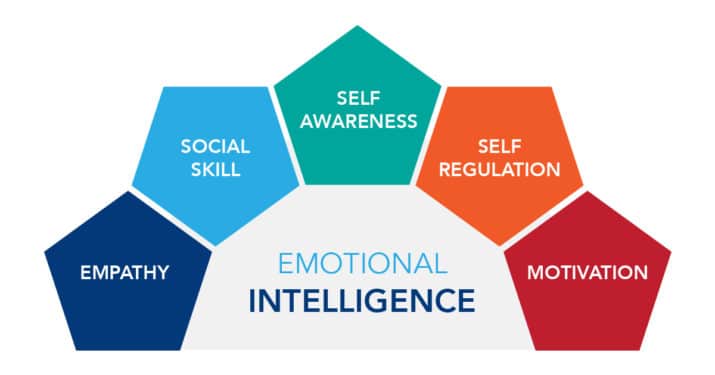

As a Newbie, I am permanently searching online for articles that can help me. Thank you
I抦 impressed, I need to say. Really rarely do I encounter a weblog that抯 both educative and entertaining, and let me tell you, you may have hit the nail on the head. Your concept is excellent; the issue is something that not enough persons are talking intelligently about. I am very completely satisfied that I stumbled throughout this in my search for something referring to this.
Hi,
Thank you for the wonderful compliment! I am not sure who finds my articles but I hope they help.